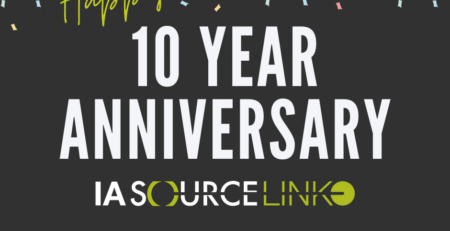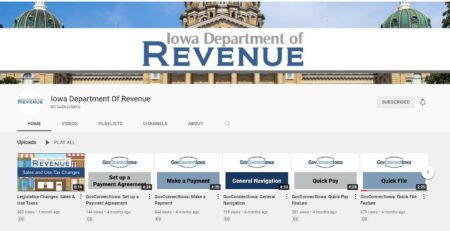Crafting a Compelling Mission Statement
What is a Mission Statement?
A mission statement helps define the purpose and direction of a small business. Whether that be to articulate why your business exists, what it aims to accomplish, and how it plans to serve its customers and clients. Having a mission statement provides clarity for everyone involved in the business.
Why Having a Mission Statement is Important
A mission statement serves as a guiding principle when it comes down to many things, especially decision-making. When faced with a choice or opportunity, the mission statement acts as a touchstone helping you, the business owner, or your employees come to a consensus based on your business’s overall goals and values.
In a competitive marketplace, a mission statement can help differentiate your small business from its competitors. It communicates to those around you about your unique value proposition, core strengths, and distinctive characteristics of the business. A clear and compelling mission statement can attract customers who resonate with your business values and goals, helping to build a loyal customer base.
Another reason having a mission statement is crucial to your business’s success is to inspire and attract. Inspire and motivate your employees by giving them a sense of belonging and meaning by being able to connect to a purpose larger than work. When you create employees who understand a company’s mission and believe in it, they are more likely to be engaged, committed, and motivated to your business. Attract partners with your mission statement when seeking external support. A strong statement displays credibility, professionalism, and a clear vision. By doing so, your business demonstrates that it has a direction and is committed to achieving its goals, making it attractive to your potential investors or partners.
Elements of an Effective Mission Statement:
When in the process of creating a mission statement for your business, there are a few vital components one should consider. For one, the mission statement should provide a basis for evaluating the performance and progress of your business. This can be done by establishing criteria against which your small business can assess its success. It’s also important to find a message that can tie in your business’s core values, target audience, products and services you offer, and the value you are providing to your customers.
Examples of Notable Mission Statements:
There are many examples of well-prepared and known mission statements, but we’re just going to share a few and why they effectively align with the company.
- Google: “To organize the world’s information and make it universally accessible and useful.
- Clear and concise: conveys a straightforward message and the core purpose of the company in a few words.
- Airbnb: “To create a world where anyone can belong anywhere.”
- Inclusive and Aspirational: conveys commitment where all people of the world can feel a sense of belonging.
- Memorability: mission statement can be easily remembered.
- Nike: “To bring inspiration and innovation to every athlete in the world.”
- Customer Focused: putting customers at the center by emphasizing Nike’s commitment to serving athletes of all levels and abilities.
- Starbucks: “To inspire and nurture the human spirit – one person, one cup, and one neighborhood at a time.”
- Human-Centric Focus: Highlights Starbucks’ commitment to creating meaningful connections and experiences with each customer
- Amazon: To be the Earth’s most customer-centric company, where customers can find and discover anything they might want to buy online.”
- Simplicity and Clarity: the statement is easy to understand and effectively conveys the company’s purpose.
A mission statement is important for a small business as it provides clarity, guides decision-making, differentiates the business, inspires employees, attracts external support, and enables evaluation and accountability. It is a powerful tool for shaping the identity, culture, and success of a small business.
Maybe after reading this, you’re inspired to reflect on your current mission statement and examine if your values align. Make some changes if needed. If you don’t have one already, consider creating one using the tools you’ve learned today. You might find much guidance by having one. As always, we encourage you to check out our Start a Business in Iowa Guide to make sure you take the proper steps to set up and establish your business in Iowa.











